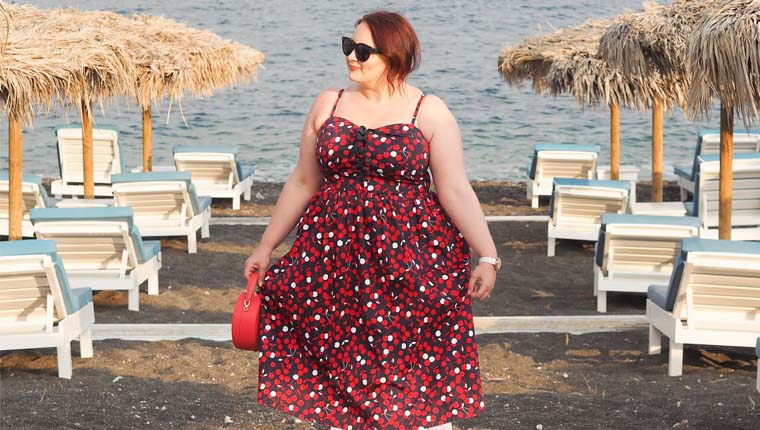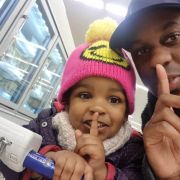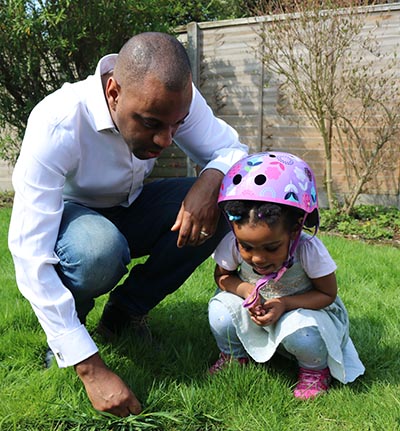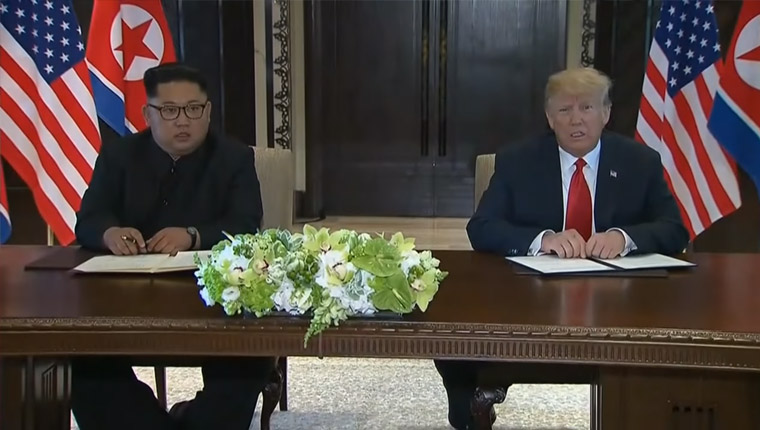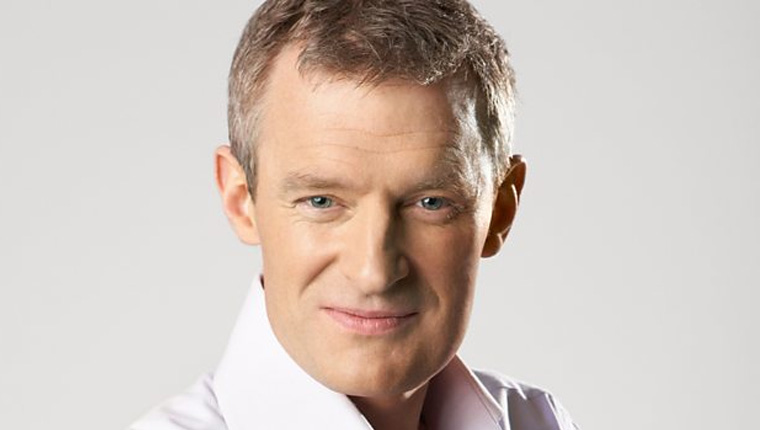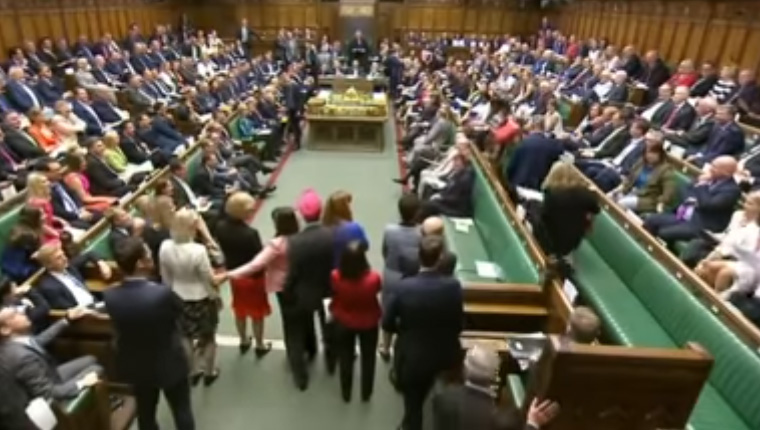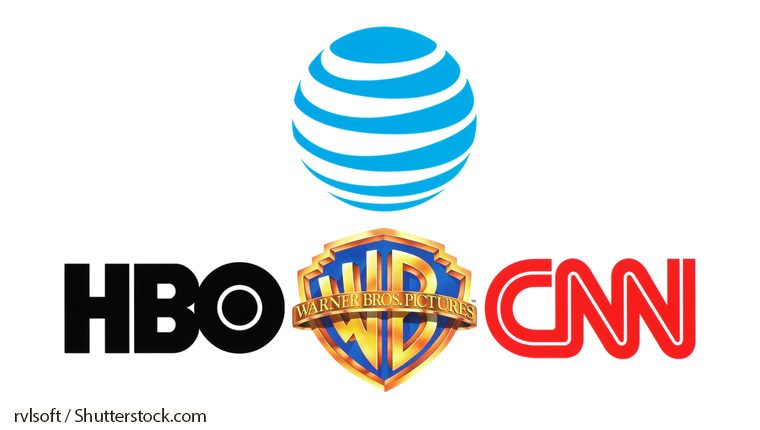Interview with You Could Travel’s Cory Varga
Cory and Gergely Varga are the married couple behind You Could Travel, the travel blog that was recently ranked in the Top 10 UK Travel Blogs for the first time. Specialising in soft adventure, You Could Travel presents travels for everyone, no matter what your background or means. We caught up with Cory who told us about the travel blogging communities, adventures around the world and working as marketers with PRs.
What makes your blog unique?
You Could Travel is a soft adventure travel website aimed at couples. We know and understand that not everyone can travel all the time, so we want to help others tailor their travel itinerary to ensure their holiday is perfect. We make mistakes so our audience doesn’t have to. We are honest and transparent and we love recommending ways to help our audience become more eco-friendly.
How has travel blogging changed since you started?
We started blogging two years ago. Blogging hasn’t change much if I’m perfectly honest. Perhaps what happened is, with time, we became more aware of our competition and over time we understood what it is like to have your blog as a business. When we started, there were very few people focusing on our niche, but now, everyone talks about ‘off the beaten track’, for example. As with every industry, it’s important to make the right predictions and stay well ahead.
What’s the community of travel blogs like to be part of?
It depends as with every industry. We are part of some seriously tight blogging communities where we all help each other. We made so many friends all around the world who we continue to meet during our travels. Of course, there are other communities that are driven by rivalry. We prefer to exit those as quickly as possible as we believe there is enough room for everyone in the blogging sphere.
What’s the best travel experience in the world?
Spending a few months in Japan. Our time in Japan changed our lives and drove us to become bloggers. That country is unique and beautiful. We can’t imagine anything better than living in Tokyo and enjoying a never-ending travelling adventure.
What’s the best mode of transport you’ve ever experienced?
We flew, of course, we took the ferry, the bus, the train…I think so far, we love driving the most. It’s easy and convenient and a little more eco-friendly than flying (it might sound unbelievable, but it’s true!). Our dream is to buy a Tesla and travel the world by electric car.
What’s your scariest experience while travelling?
Luckily, we don’t have many scary experiences while travelling. We tend to be overly cautious if anything. I guess the scariest thing was when we got lost in the mountains in Tenerife and we almost missed our last bus back to the city. We had no food or water with us so we weren’t exactly prepared to camp under the stars. Looking back, it was an adventure of a lifetime.
What should PRs know about you?
We take our time to craft the perfect marketing campaign to fit their client. We always deliver the highest quality marketing material on time, no exceptions.
We have a 100% satisfaction rate and positive feedback from all our clients. We are not just bloggers, we are marketers. We worked in the digital industry as creative and technical directors for over ten years. Together, we worked with hundreds of companies in over 20 countries, so we really do know the ins and outs of the industry.
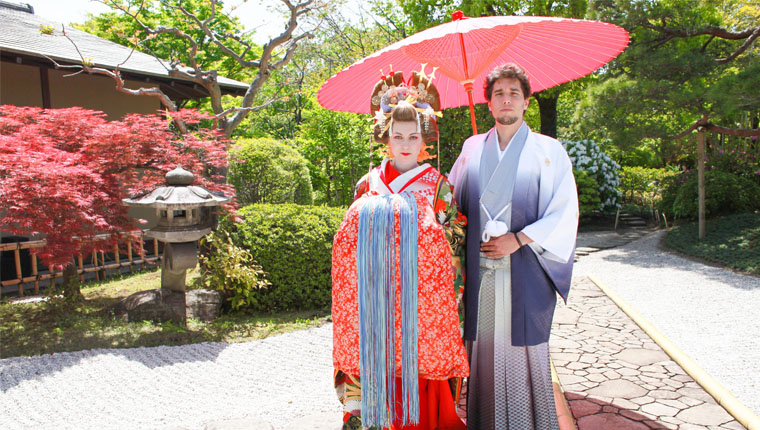
What are the best campaigns you’ve worked on?
We love working with tourism boards as the sky is the limit. Together, we usually come up with some explosive marketing ideas that actually work, especially because we understand how to properly target the right audience. In the past, we loved working with Beauty of Japan, a Japan-based company that specialises in activities for foreigners. It was the time we dressed up as an Oiran and Samurai for a day and it was incredible.
Do bloggers need their own industry association?
We’ve been talking about it for so long. I think it would be great if the industry would be better regulated. I would say yes, we do need an industry association.
You Could Travel, as well as Cory and Gergely, is listed on the Vuelio Influencer Database along with thousands of other bloggers, vloggers, journalists and opportunities.



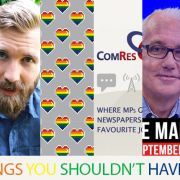
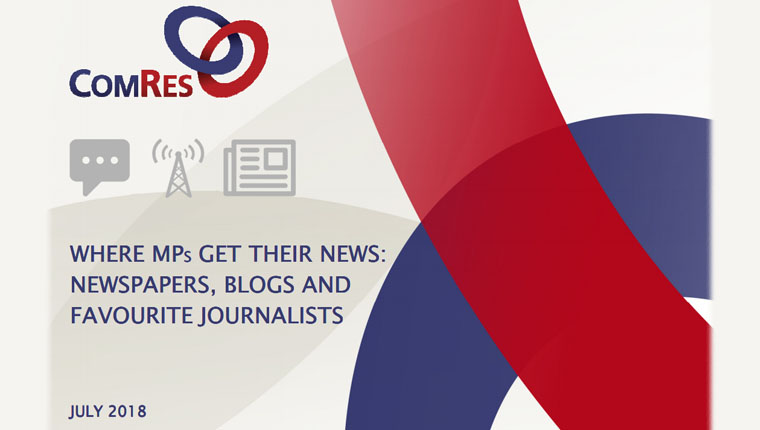
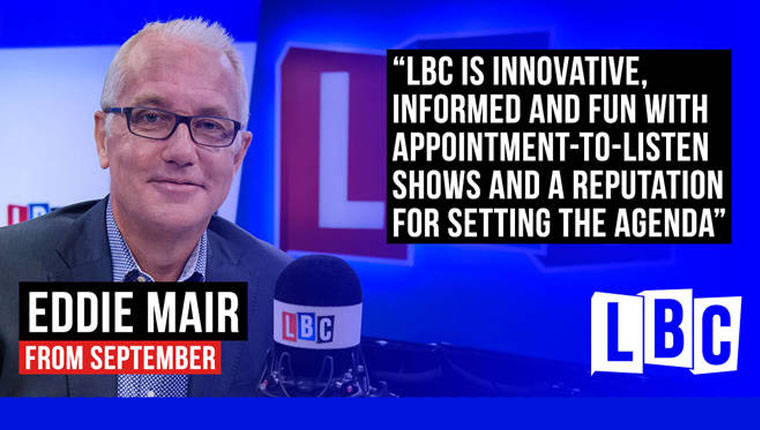

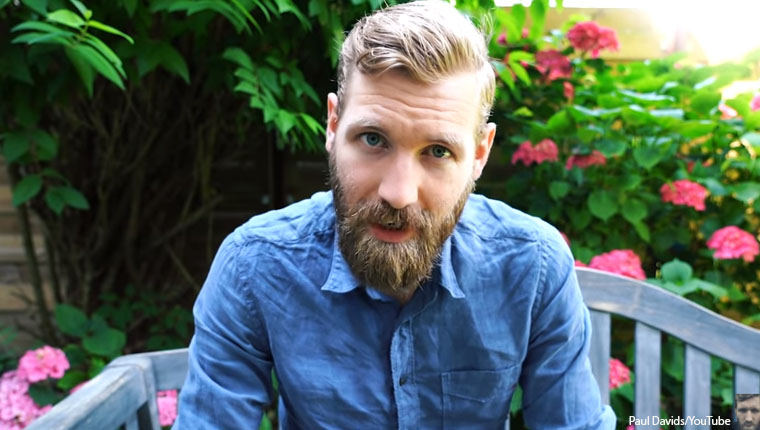
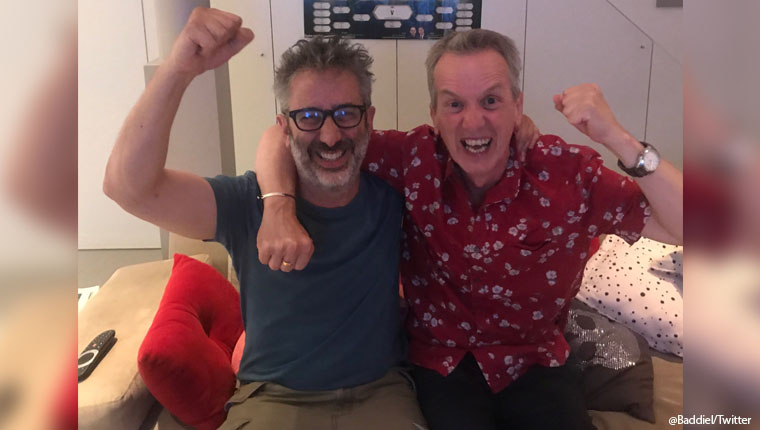

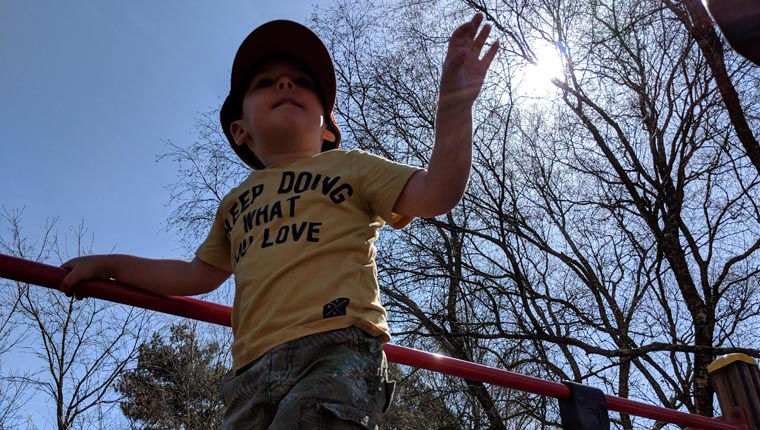

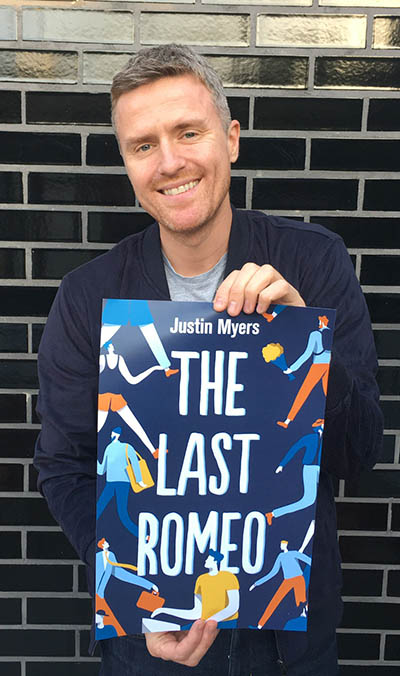 What makes your blog unique?
What makes your blog unique?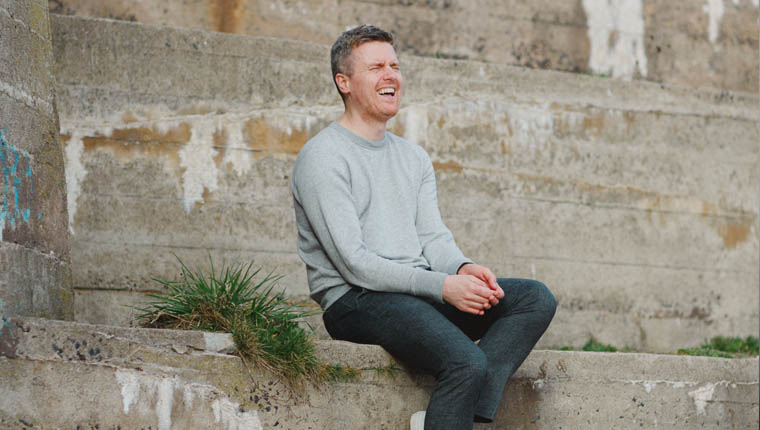
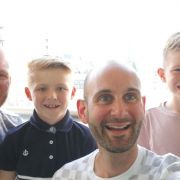
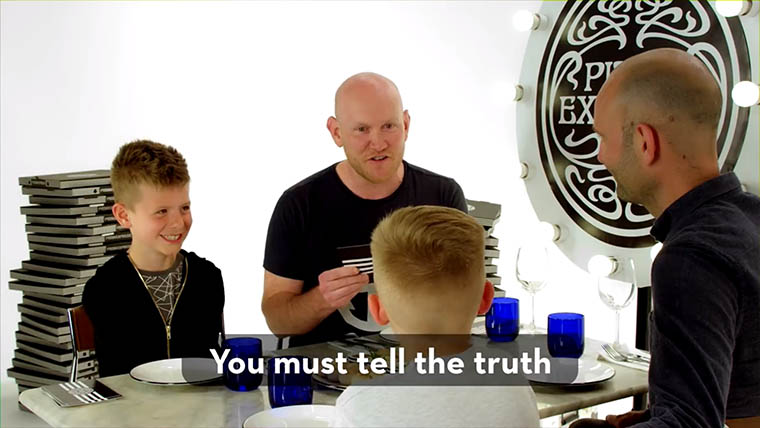






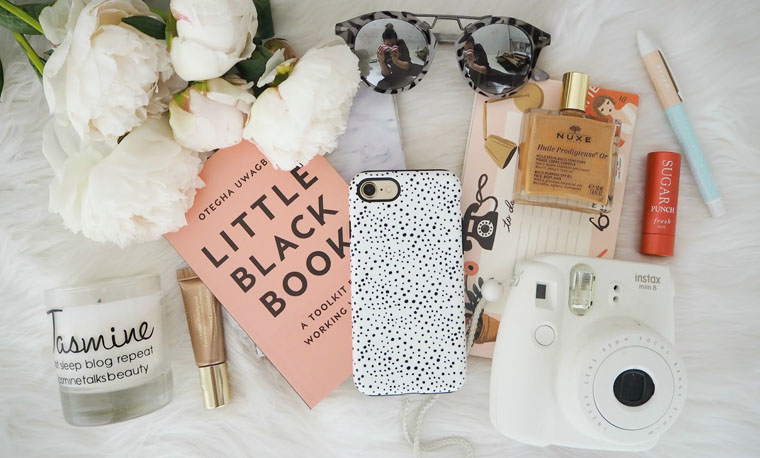


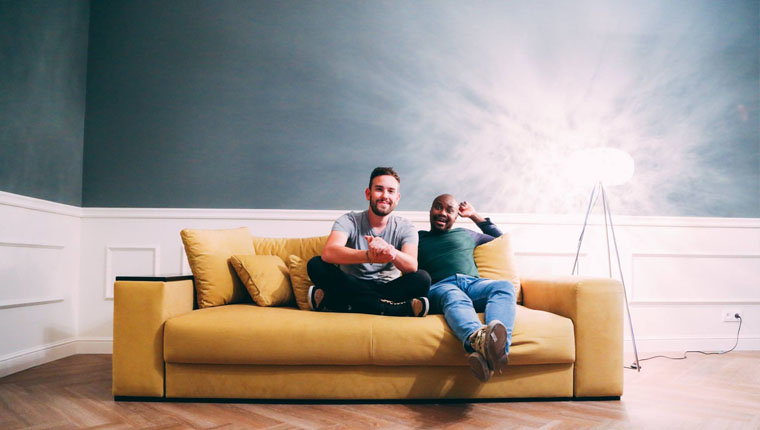
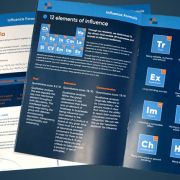




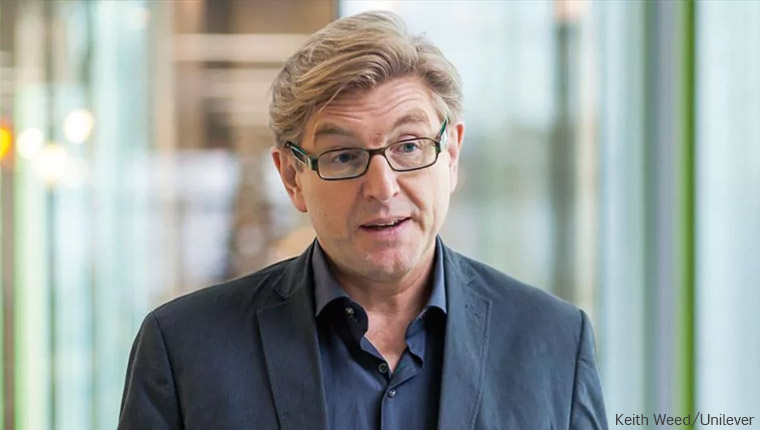
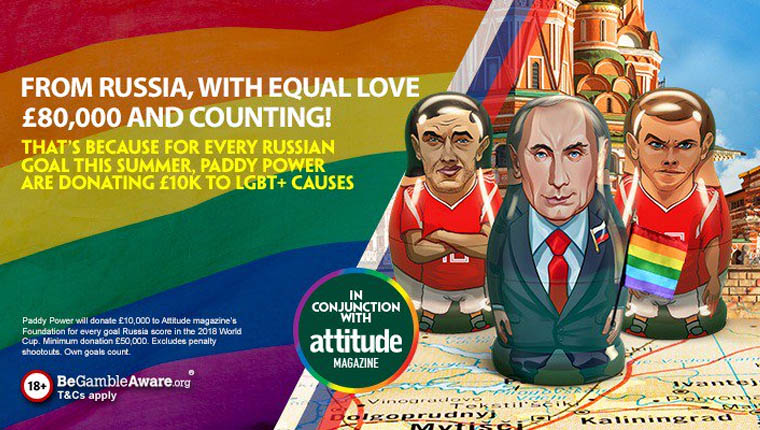
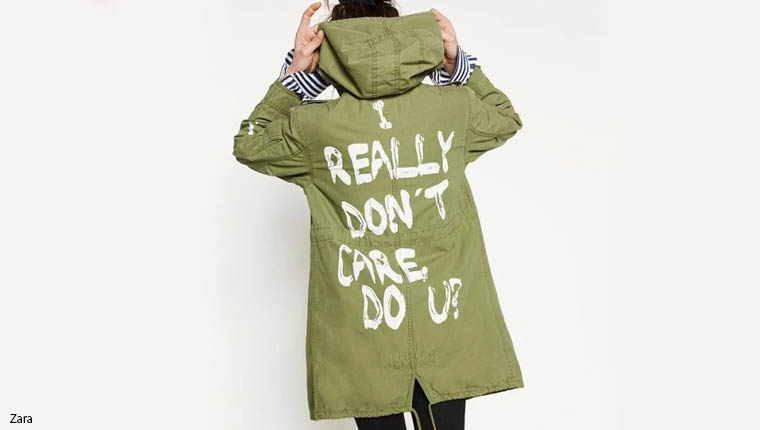
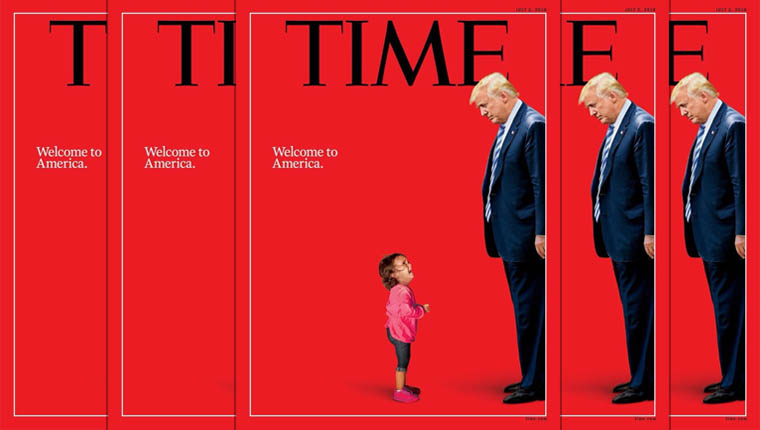
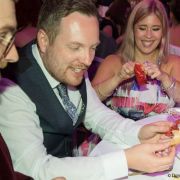

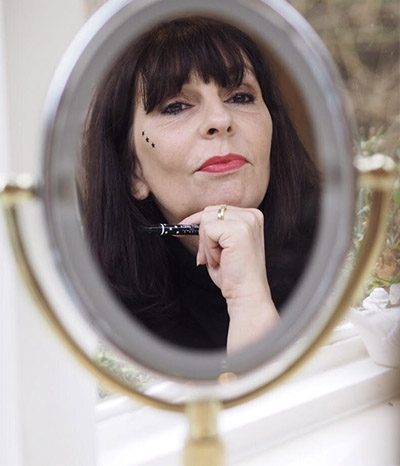 How has your blog changed from when you first started to now?
How has your blog changed from when you first started to now?
